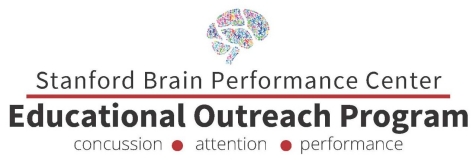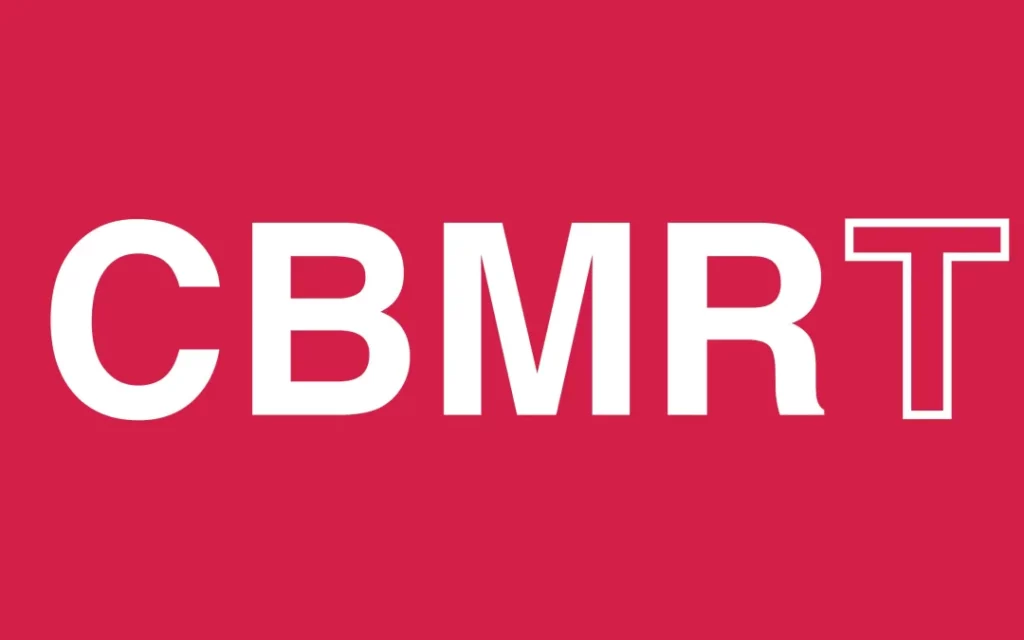
- Giving
22 Jumps
22 Jumps aims to bring new hope to individuals and families affected by TBI and suicide. Due to a lack of objective diagnostic tools and effective treatment solutions, the “invisible
Brain trauma affects millions. Learn about traumatic brain injury (TBI) and post-traumatic stress disorder (PTSD) and how they impact civilians and Veterans.

Understand brain trauma (TBI/PTSD) and the current state of research.
TBI symptoms, diagnosis, treatment, and the impact of our research.
PTSD symptoms, diagnosis, treatment, and the impact of our research.
Learn about suicide risk among military Veterans with brain trauma.
A new Community Coordination model to accelerate a first generation of diagnostics and treatments for Traumatic Brain Injury.
Cohen Veterans Bioscience is a non-profit 501(c)(3) biomedical research and technology organization dedicated to advancing brain health by fast-tracking precision diagnostics and tailored therapeutics.

Explore our Mission & Vision to advance solutions for brain trauma.
Meet the minds behind CVB.
Meet our Board of Directors.
A voice for the Veterans community.
Read stories from people living with brain trauma.
Interested in joining the team? Explore careers at CVB.
Connect with the experts at CVB.
Our approach is to build enabling platforms with strategic partners and to adopt a team science approach to fast-track solutions in years, not decades.

Fast-tracking diagnostics & therapeutics for brain trauma.
Advocating at the federal, state, and local levels.
Helping high-impact research succeed.
Driving quality & reproducibility in science.
Explore our research publications.
Advancing our understanding of invisible wounds.
Learn how to participate in clinical trials.
Fostering a collaborative approach to research.
Donate today to advance solutions for brain trauma. Together, we can advance research and improve lives.

Get the latest updates in PTSD & TBI research.
Share your story: how has TBI impacted you?
We look forward to hearing from you.
Learn about the latest news & events from CVB.
View press releases and more.
A new Community Coordination model to accelerate a first generation of diagnostics and treatments for Traumatic Brain Injury.

The Stanford Brain Performance Center is an interdisciplinary center in the Stanford school of medicine. Its mission is to advance the neuroscience of brain performance in development, injury and aging.

Founded in 1986 by Dr. Ghajar, the Brain Trauma Foundation was created to improve outcome from TBI. BTF develops and maintains the TBI evidence-based guidelines that are now the standard of care for U.S. and international trauma centers, leading to a 45% decline in deaths.

The Brain Trauma Blueprint is a framework to advance precision diagnostics and therapeutics for brain trauma through a process of community stakeholder consensus roadmapping and collaborative execution. More information can be found here.
| Participant No.* | Participant organization name | Country |
|---|---|---|
| 01 (COO) RUG | University of Groningen | The Netherlands |
| 02 P1vital | P1vital LTD | United Kingdom |
| 03 RUMC | Radboud University Medical Center | The Netherlands |
| 04 CIBER | Centro de Investigación Biomédica en Red | Spain |
| 05 UNIBO | University of Bologna | Italy |
| 06 VUMC | VU University Medical Center Amsterdam | The Netherlands |
| 07 BIOTRIAL | BIOTRIAL SAS | France |
| 08 SBG | SBGneuro Ltd. | United Kingdom |
| 09 concentris | concentris research management | Germany |
| 10 LUMC | Leiden University Medical Center | The Netherlands |
| 11 ECNP | European College of Neuropsychopharmacology | The Netherlands |
| 12 CVB | Cohen Veterans Bioscience | USA |
| 13 BI | Boehringer Ingelheim International | Germany |
| 14 PGI | PsychoGenics | USA |
Notes for editors
The PRISM2 project has received funding from the Innovative Medicines Initiative 2 Joint Undertaking (JU) under grant agreement No 101034377. The JU receives support from the European Union’s Horizon 2020 research and innovation programme and EFPIA and Cohen Veterans Bioscience. The information reflects only the authors’ views neither IMI JU nor EFPIA nor the European Commission are liable for any use that may be made of the information contained therein. www.imi.europa.eu

The Brain Trauma Blueprint is a framework to advance precision diagnostics and therapeutics for brain trauma through a process of community stakeholder consensus roadmapping and collaborative execution. More information can be found here.

ECNP is a scientific association dedicated to advancing the science of the brain, promoting better treatment and enhancing brain health. It is Europe’s leading independent forum for the science of CNS treatments. The ECNP Congress, Europe’s largest meeting on brain science, showcases the world’s best disease-oriented brain research, annually attracting between 4,000 and 6,000 neuroscientists, psychiatrists, neurologists and psychologists. ECNP’s wide range of scientific and educational activities, programmes and events make it the largest non-institutional supporter of applied and translational neuroscience research and education in Europe.
The ECNP Preclinical Data Forum, established by ECNP in 2014, was the founding basis, and now the European branch, of the Global Preclinical Data Forum.
More information about ECNP, it’s aims and activities, can be found here.


Mary Ann Liebert, Inc., publishers is a leading independent publisher of authoritative peer-reviewed journals, books, and trade publications in the emerging areas of biotechnology and regenerative medicine, biomedical research, medicine and surgery, public health research and policy. Mary Ann Liebert, Inc. recently launched Neurotrauma Reports, a new, fully open access journal that focuses on basic pathobiology of injury to the central nervous system and will include preclinical and clinical trials targeted at improving early management and long-term care/recovery of traumatically injured patients.

CBMRT was founded by Dr. Sandra Petty (neurologist, researcher and medical educator) and Dr. Hugo Stephenson (clinical trials and IT specialist) in 2017 in New York. CBMRT is a 501(c)(3) non-profit organization facilitating publication and greater visibility of negative, inconclusive, and replication studies through partnerships with major societies and their journals to publish an annual supplement, the Null Hypothesis (H0). CBMRT also hosts the annual Biomedical Transparency Summit series, connecting stakeholders across the global research funding and output reporting environment who are committed to driving greater transparency in biomedical research. Learn more here.

ECNP is a scientific association dedicated to advancing the science of the brain, promoting better treatment and enhancing brain health. It is Europe’s leading independent forum for the science of CNS treatments. The ECNP Congress, Europe’s largest meeting on brain science, showcases the world’s best disease-oriented brain research, annually attracting between 4,000 and 6,000 neuroscientists, psychiatrists, neurologists and psychologists. ECNP’s wide range of scientific and educational activities, programmes and events make it the largest non-institutional supporter of applied and translational neuroscience research and education in Europe.
The ECNP Preclinical Data Forum, established by ECNP in 2014, was the founding basis, and now the European branch, of the Global Preclinical Data Forum.
More information about ECNP, it’s aims and activities, can be found here.

The Global Preclinical Data Forum (GPDF) is a joint US and European initiative to encourage global collaboration to address the challenge of ensuring that preclinical research is reproducible, robust and translatable to support disease research utility for clinical research & development. Members are comprised of preclinical scientists from academia, publishing, non-profit, industry and government, across the US and Europe, who aim to encourage global collaboration to advance translational research through the identification and sharing of best research practices, the development and implementation of novel data quality standards and providing training to the neuroscience community. Click here to learn more about the GPDF and its work.
Cohen Veterans Bioscience is a non-profit 501(c)(3) biomedical research and technology organization dedicated to advancing brain health by fast-tracking precision diagnostics and tailored therapeutics.
Cohen Veterans Bioscience is a non-profit 501(c)(3) biomedical research and technology organization dedicated to advancing brain health by fast-tracking precision diagnostics and tailored therapeutics.
©2023 Cohen Veterans Bioscience | Privacy Policy | Terms of Use
